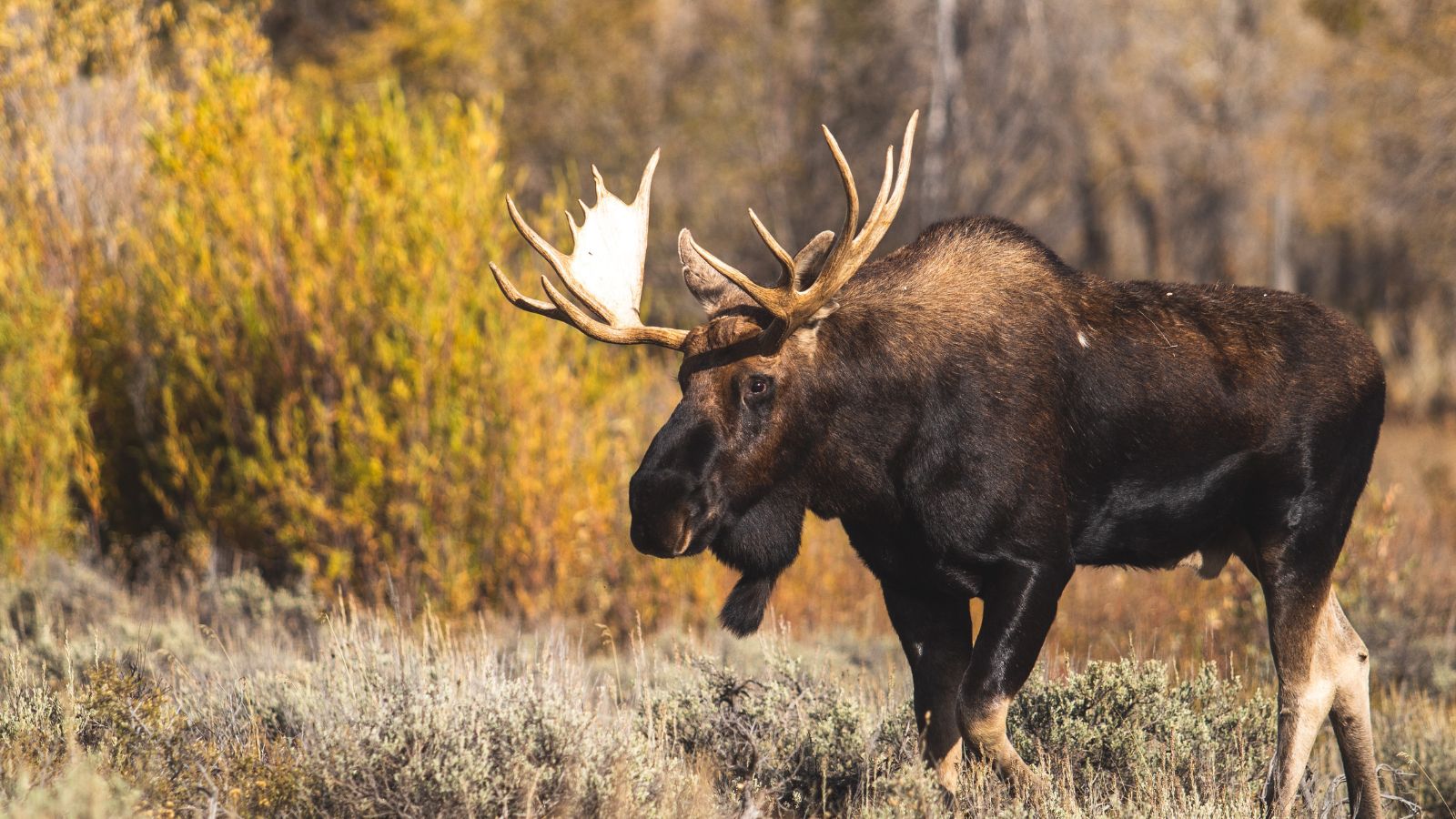Moose have long been at the heart of Indigenous Ojibwe culture. And in much of northern Minnesota, hunting moose for their meat and hides is protected by treaty rights.
But climate change and other environmental threats could put this tradition in jeopardy.
Tyler Kaspar is an environmental biologist with the 1854 Treaty Authority, an intertribal natural resource management agency.
He says as the climate warms, a species known as the winter tick is thriving and attacking moose in greater numbers.
“With decreased snowpack, there’s increased winter tick survival,” he says.
Tens of thousands of ticks can infest a single moose, causing blood loss and bald patches from the animal trying to rub the parasites off, which Kaspar says can lead to hypothermia in some cases.
More white-tailed deer in the area have also brought higher numbers of other parasites that harm moose.
Kaspar worries that together, these pressures put Minnesota’s moose population at risk. And the animals may become scarce in areas where tribes have the right to hunt them.
“Once they’re out of those treaty areas, that’s a permanent impact to treaty rights, culture, sovereignty of the tribes,” he says, “and it’s a permanent loss.”
Reporting credit: ChavoBart Digital Media


